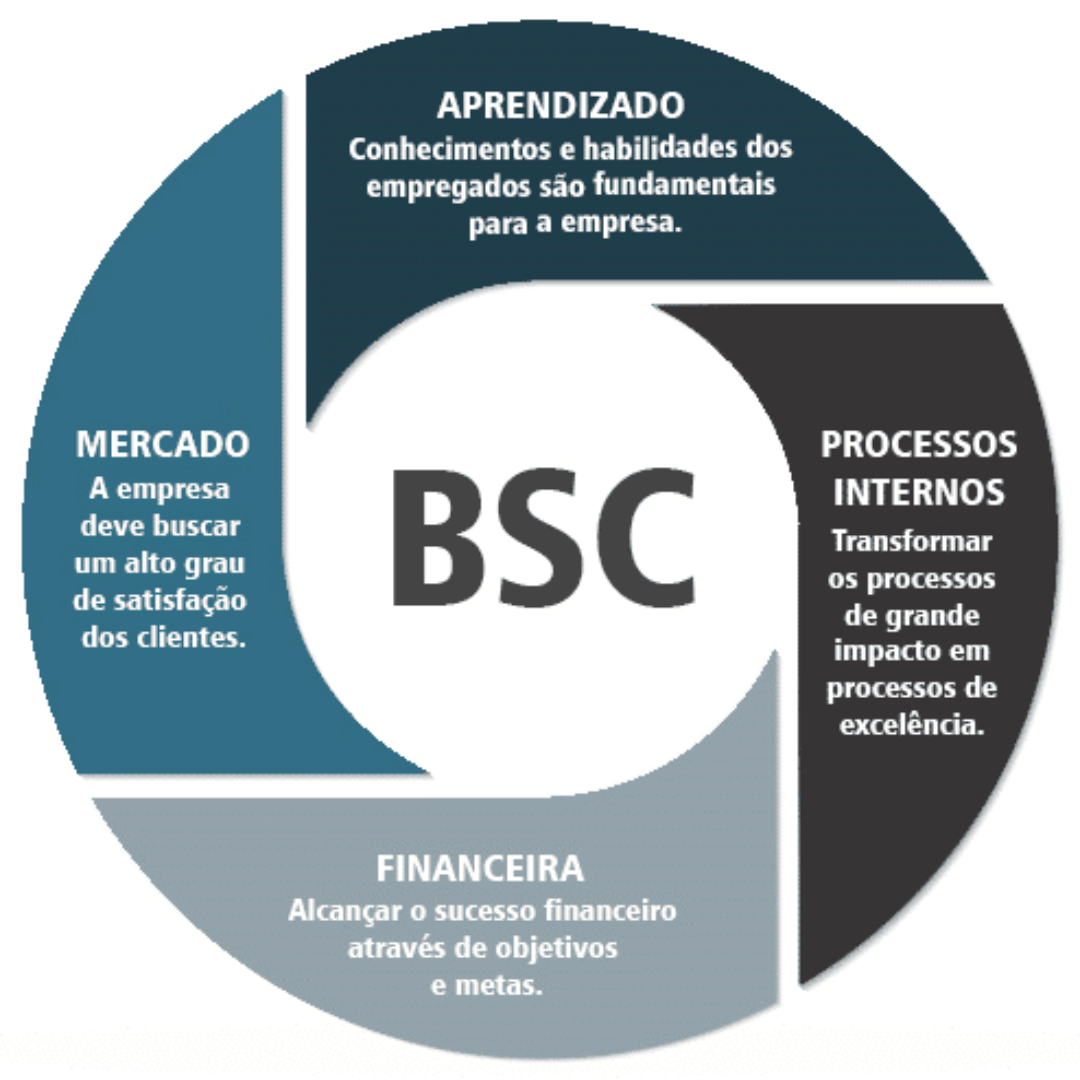A Bachelor of Science (BSc) degree is a solid foundation for a career in various scientific and technical fields. However, as industries evolve and competition increases, many students wonder if a BSc degree alone is enough to secure their dream job or if additional qualifications are required to stand out in the job market. This article delves into the value of a BSc degree, explores further study options, and provides insights into making the most of your academic journey.
We’ll also discuss the BSc full form (Bachelor of Science), its significance, and how it serves as a launchpad for advanced studies and career growth.
The Value of a BSc Degree
The BSc full form, Bachelor of Science, represents an undergraduate degree that equips students with theoretical knowledge and practical skills in their chosen field of study. This degree lays the groundwork for careers in science, technology, research, and education. Some of the key benefits of a BSc degree include:
- Industry-Relevant Skills: Courses often include hands-on lab work and real-world applications.
- Wide Career Opportunities: Graduates can explore roles in healthcare, IT, environmental science, and more.
- Flexibility to Specialize: BSc programs allow students to focus on areas such as biology, computer science, or physics.
However, as industries demand more specialized knowledge and skills, further studies can significantly enhance career prospects.
Options for Further Studies After a BSc
If you’re considering expanding your qualifications beyond a BSc degree, there are several pathways to explore:
1. Pursue a Master’s Degree (MSc)
An MSc (Master of Science) is a logical next step after completing a BSc degree. This postgraduate program allows you to deepen your knowledge in your chosen field, specialize further, and enhance your research and analytical skills.
Popular MSc Specializations:
- Biotechnology
- Data Science
- Environmental Science
- Artificial Intelligence
- Physics
Benefits:
- Higher earning potential.
- Access to advanced research opportunities.
- Eligibility for academic and teaching positions.
2. Enroll in Professional Certifications
Professional certifications are short-term courses designed to provide specialized knowledge and skills relevant to specific industries.
Popular Certifications for BSc Graduates:
- Data Analytics
- Clinical Research
- Cybersecurity
- Digital Marketing
- Artificial Intelligence and Machine Learning
Benefits:
- Quick and targeted skill development.
- Boost in employability.
- Opportunity to transition into new industries.
3. Explore Interdisciplinary Programs
Many universities offer interdisciplinary programs that combine fields like business, technology, and science. For example:
- MBA (Master of Business Administration): Ideal for those looking to transition into management roles.
- MS in Technology Management: Combines technical expertise with leadership skills.
4. Research and Academia (PhD)
For those passionate about research and innovation, pursuing a PhD after an MSc is an excellent choice. A PhD enables you to contribute to scientific advancements, publish research papers, and take up academic roles as a professor or lecturer.
5. Diploma Courses for Specific Skills
Diploma programs offer focused training in areas such as:
- Clinical Psychology
- Environmental Management
- Laboratory Techniques
Benefits:
- Cost-effective and shorter duration than a degree.
- Adds value to your resume.
Careers That Require Advanced Degrees
While some careers are accessible with a BSc degree, others may require additional qualifications. Here are a few examples:
| Field | Entry-Level Role (BSc) | Advanced Role (MSc/PhD/Certifications) |
|---|---|---|
| Healthcare | Medical Laboratory Technician | Clinical Research Scientist |
| Technology | IT Support Specialist | Data Scientist |
| Environmental Science | Field Assistant | Environmental Consultant |
| Education | Secondary School Teacher | University Lecturer |
Balancing Work and Further Studies
For many, the decision to pursue further studies depends on financial considerations, time commitments, and career goals. Here’s how to navigate these challenges:
- Online Programs: Many universities offer flexible online courses that allow you to work while studying.
- Scholarships and Financial Aid: Look for funding opportunities to reduce the cost of education.
- Part-Time Study: Enroll in part-time programs to balance work and studies.
FAQs
1. What is the BSc full form, and why is it significant?
The BSc full form is Bachelor of Science. It signifies a foundational degree that equips students with essential scientific knowledge and skills for various careers.
2. Is a BSc degree enough to start a career?
Yes, a BSc degree provides the qualifications needed for entry-level roles. However, further studies or certifications can enhance career prospects in competitive industries.
3. Which is better after a BSc: an MSc or an MBA?
It depends on your career goals. Choose an MSc for specialization in science and research, and an MBA for leadership roles in business and management.
4. Can I switch fields after completing a BSc degree?
Yes, many interdisciplinary programs and certifications allow BSc graduates to transition into new fields, such as data analytics or business management.
Conclusion
A BSc degree is a valuable qualification, offering numerous opportunities in science and technology. However, as industries evolve, further studies can significantly enhance your knowledge, skills, and career prospects. Whether you choose an MSc, professional certifications, or interdisciplinary programs, your decision should align with your interests and long-term goals.
The BSc full form (Bachelor of Science) is more than just an academic milestone; it’s a stepping stone to lifelong learning and career success. Take the time to evaluate your options and choose the path that best suits your aspirations.

